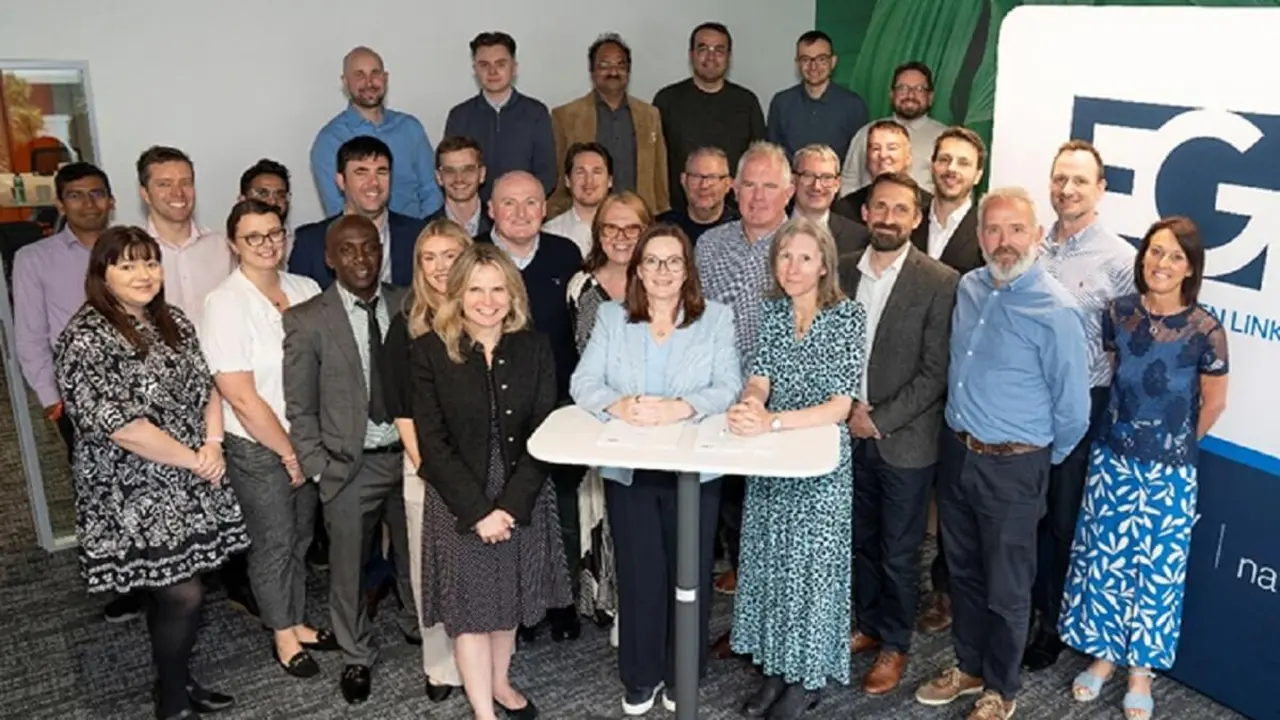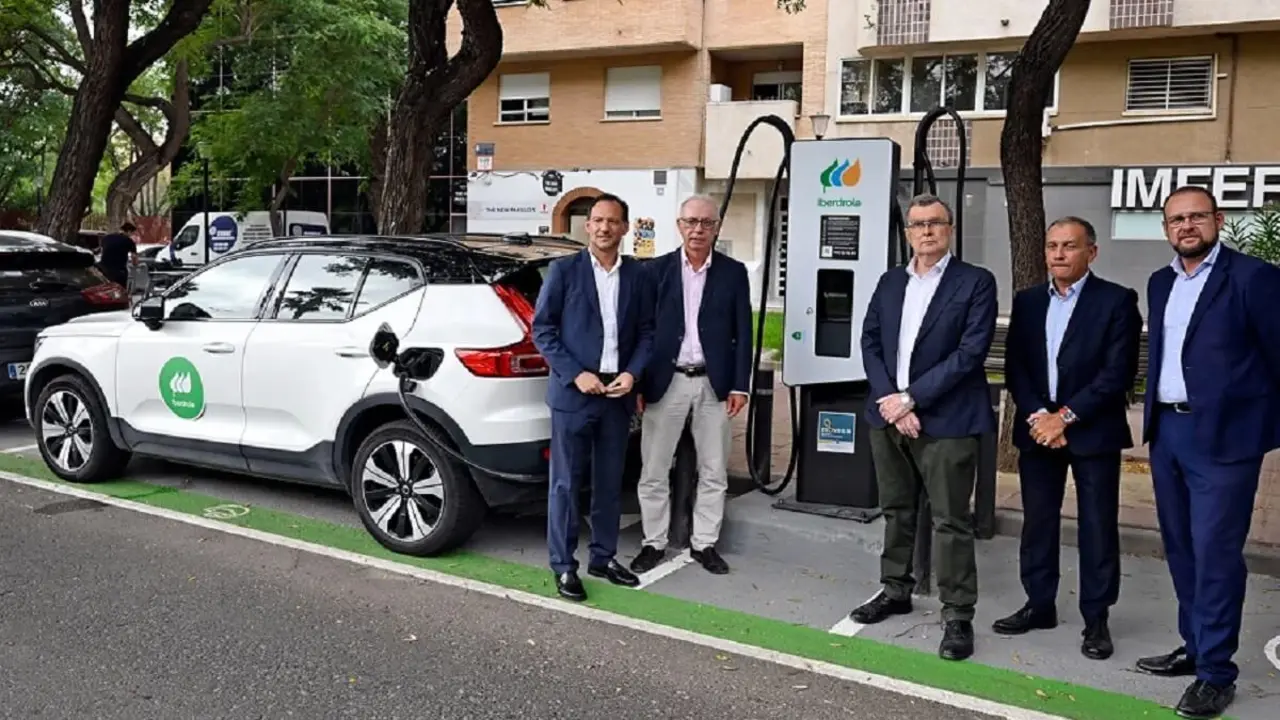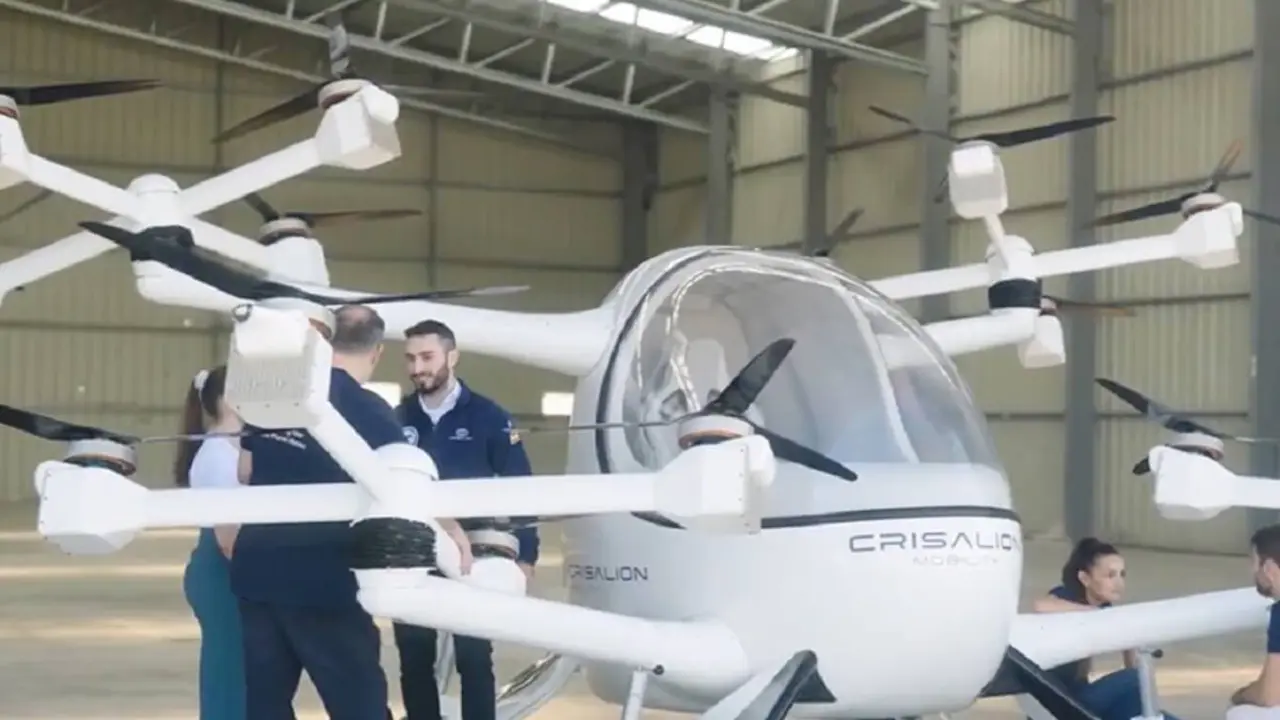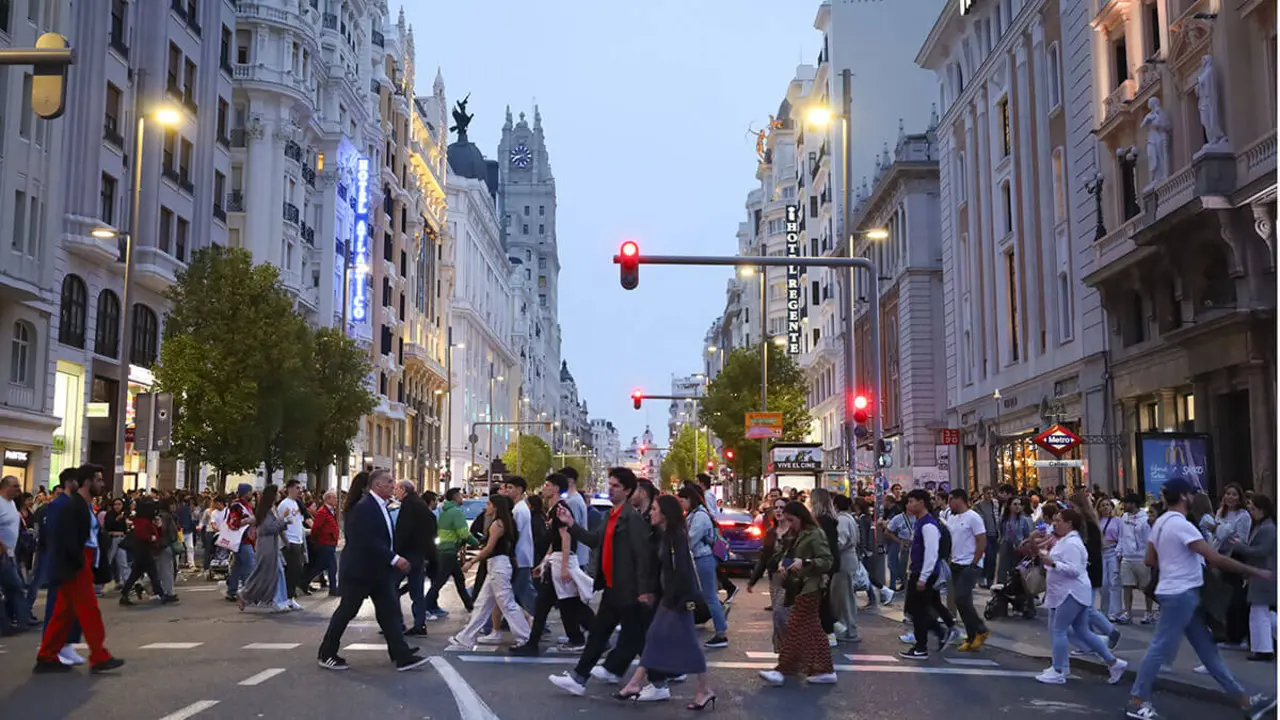Mohamed bin Salman presents "The Line", a CO2-free city that will redefine urban development

On Sunday, the Crown Prince of Saudi Arabia, Mohammed bin Salman, announced "The Line", a futuristic city that will be located in Neom, in the northwest of the Arabian peninsula, opposite the Gulf of Aqaba between the Egyptian and Jordanian borders.
The intention is to build a city that will promote the diversification of the economy based on oil and with "zero CO2 emissions, zero roads and zero private cars". It will be a linear urban space that will extend over 170 kilometres, be home to one million residents and be supplied with renewable energy.
"Why should we sacrifice nature for the sake of development," asked Prince Bin Salman. "We need to transform the concept of a conventional city into a futuristic one," he said.
Construction is expected to start in the first quarter of this year. It will contribute 48 billion dollars to the Saudi kingdom's GDP by 2030, create 380,000 jobs and be visited by an estimated 5 million tourists in that period. The cost of the project will be approximately 100-200 billion dollars. In terms of financing, most of the investment will come from the country's Public Investment Fund, and local and international investors will also contribute.
"By 2050, one billion people will have to relocate due to rising CO2 emissions and sea levels. Ninety percent of people breathe polluted air," said the Crown Prince.
"Why should we sacrifice nature for the sake of development? Why should seven million people die every year from pollution? Why should we lose one million people every year to road accidents? And why should we accept to lose years of our lives to travel?" he asked.
Saudi Arabia claims that the project is a response to some of the most urgent challenges facing humanity, such as pollution and overcrowding in cities that are becoming increasingly uninhabitable and where its citizens have to travel long distances to their workplace with the expense of time.
In "The Line", it has been proposed that journeys between home and work areas, leisure areas, medical clinics, schools and green spaces should not exceed 20 minutes by public transport and 5 minutes on foot.
"Over the centuries, cities were built to protect people in narrow spaces, and after the Industrial Revolution, cities were built to put the machine, the car and the factory before mankind. In cities that claim to be the best in the world, a person spends years of his or her life on travel," said Bin Salman, who believes that The Line "will redefine the concept of urban development by developing societies in which the human being is at the centre.
Artificial intelligence will be key to this new concept of the city. Communities will be interconnected as approximately 90% of the data will be used to improve infrastructure capabilities. "The Line" communities will be cognitive, powered by Artificial Intelligence and will continuously learn predictive ways to make life easier for residents and businesses," said the Crown Prince.
"The Line" will be conceived as an attractive environment for innovation, entrepreneurship and investment. It will be one of the projects promoted by the Public Investment Fund to strengthen and diversify the economy of Saudi Arabia, currently dependent on oil.
The city is part of the so-called "Vision of the Kingdom 2030", launched by Mohamed bin Salman, which aims to turn the main country of the Arabian Peninsula into a regional and global economic engine, through "an inspiring approach to preserve the environment and sustainable development, making it a favourable environment that allows entrepreneurs to plan the new path of the future".
Companies such as Aecom and Betchel are currently developing the transport infrastructure. Saudi Telecom is doing the same with the 5G network and R Products and ACWA Power with the energy installation.
Economic development will be achieved by establishing development funds to support the following sectors: energy, water, mobility, food, manufacturing, media, entertainment and culture, technical and digital sciences, tourism, sports, design and construction and health services.








